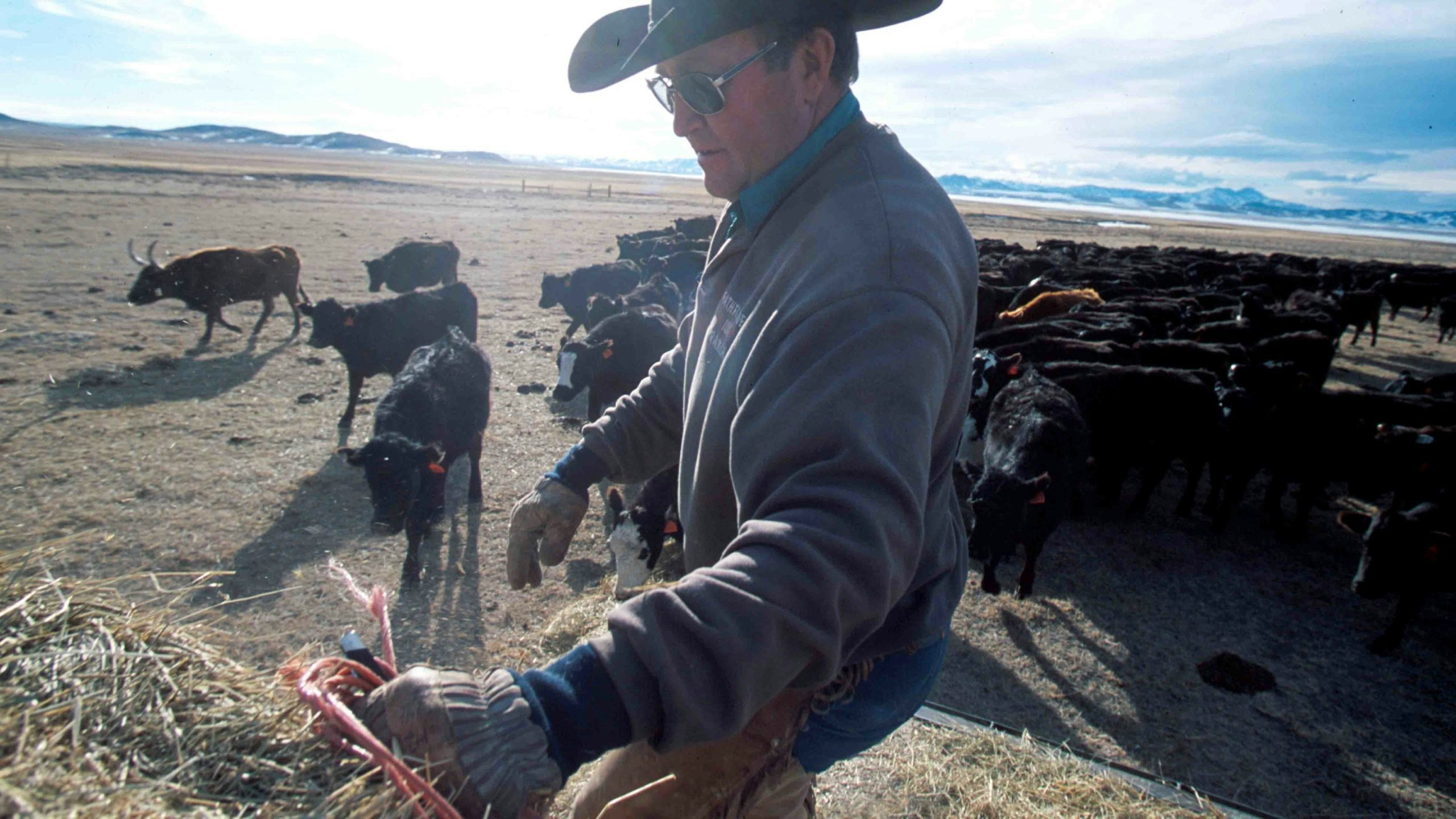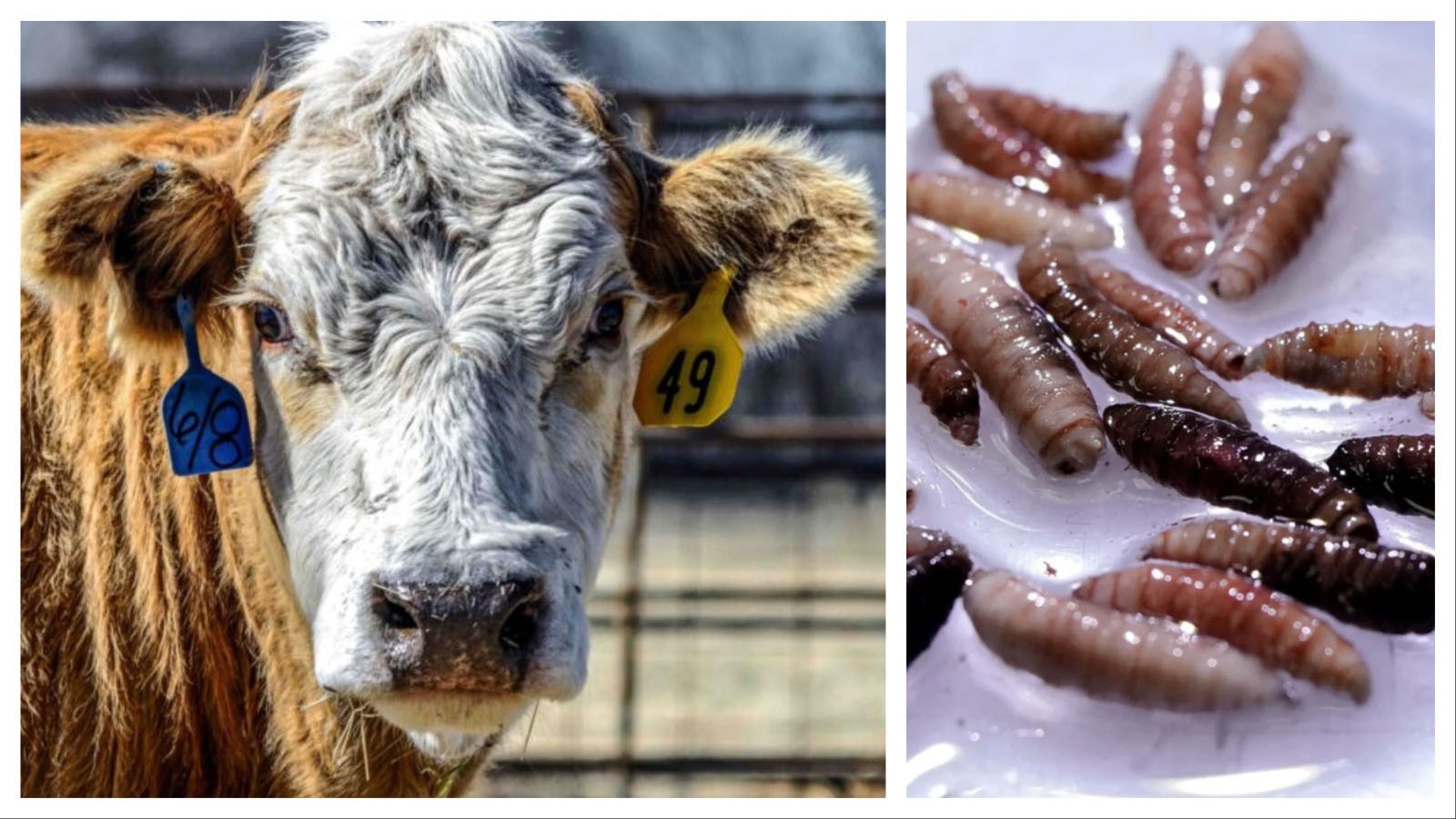For 230 years, the Old Farmer’s Almanac has guided farmers, ranchers, gardeners and others in getting the most out of their crops.
But in this digital age, is the Farmer’s Almanac still relevant?
“Absolutely, I think it’s still valuable,” said Del Tinsley, a Wheatland rancher who was one of the original owners of the Wyoming Livestock Roundup publication. “There’s a lot of good information. It gives you the time to plant, for example. They know the best time to castrate your calves so they don’t bleed. Planting seasons for corn and stuff like that.”
The Old Farmer’s Almanac (not to be confused with other Farmer’s Almanacs, which are published regionally by independent publishing companies) is the oldest continuously published periodical in North America and features tips on planting, stories about farmers and farming and boasts of its “famous 80 percent accurate weather forecasts.”
“I don’t understand how they know their stuff,” Tinsley said.
Neither does Cowboy State Daily Meteorologist Don Day.
“From my perspective, any time you see somebody trying to make these long-range predictions when it comes to the weather, I’m always interested in, what’s their formula for making these very long range predictions?” Day said. “I have a curiosity on what they use to come up with these predictions. They claim it’s a secret on whatever their magical sauce is, in terms of how they come up with it.”
But for those who have been ranchers, like Jim Magagna, executive vice president of the Wyoming Stock Growers Association, the Farmer’s Almanac was a valuable tool for just that purpose.
“(I used it) mainly just for weather predictions. I don’t recall using it for other purposes,” he told Cowboy State Daily. “I would have been looking at it to help do some longer term planning, beyond just what’s going to happen tomorrow or this week.”
But since he quit ranching more than 30 years ago, Magagna said, the Almanac has lost some of its relevance to him.
“Once in a while, I’ll see what it says and it always intrigues me, but to just really make an effort to look at it? I know I haven’t for years,” he said. “And I think we’ve become so dependent on the weatherman and Don Day that we don’t go back and look at those documents.”
“I don’t put a high value on it, in terms of using it as a resource by saying, ‘Oh, well, the Farmer’s Almanac said we’re getting the storm on these days,’” Day said. “But sometimes it’ll do really well. You know, there’s some years the Farmer’s Almanac will outperform other professional long range forecasts. Now, is it because they know something that other people don’t? Do they just get lucky? I don’t know.”
But the Farmer’s Almanac has more value than just weather planning, according to those who regularly reference the periodical.
Lynn Steward of Cody is a hobby gardener, and she said she uses the Almanac regularly.
“It has really good tips in it,” she said. “The different articles, things they tell you. Honestly, I’m looking at it all the time, because even with my houseplants, I go by it.”
Steward, though, uses the modern version of the Farmer’s Almanac. She told Cowboy State Daily that she references the Almanac’s website often.
“I plant my garden by it,” Steward said. “I get it online. I snapshot the growing calendars. I used to get the book, but anymore they’re hard to find.”
What all those interviewed did agree on is that the Farmer’s Almanac still appeals to people.
“From what I do, I don’t see a large value in it,” Day said. “But I do think the Farmer’s Almanac is fun.”





